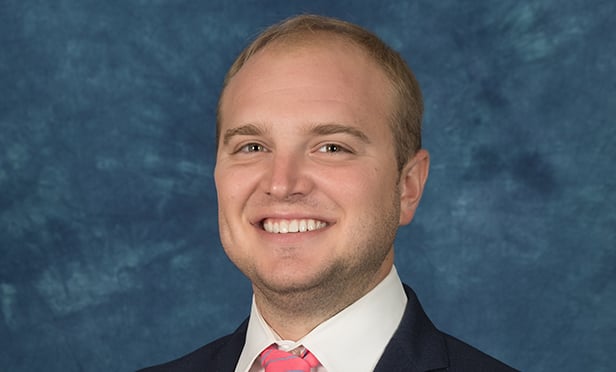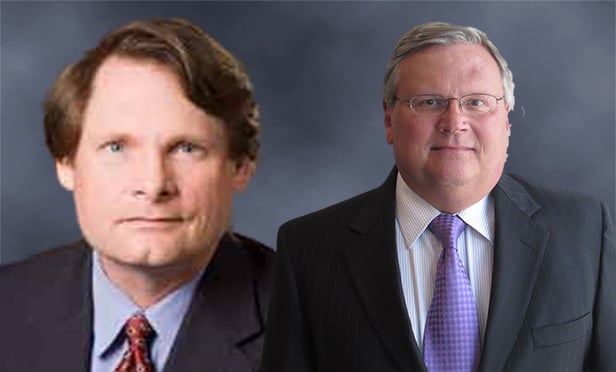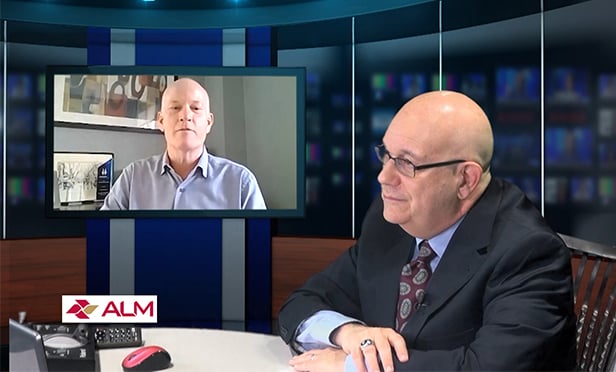Coop America, a pioneer in environmental awareness, officially will change its name to Green America on Jan. 1, 2009. Founded in 1983, the Washington, DC-based nonprofit has promoted environmental sustainability, combining it with social justice concerns. "Green is the way to go, and changing our name to Green America signifies a green future for everyone," says Alisa Gravitz, executive director.
It's taken a while to get to that point. The first "Earth Day" was held in the United States in April of 1970, but environmental matters went on the back burner in the years to follow as the United States turned its attention to political and social concerns. In the 1990s, awareness began to pick up, increasing to its current status.
"Most messages take 25 years to penetrate," Gravitz says. "And you now have two generations with concerns about the environment as part of their decision-making process, who are now in decision-making positions."
But other occurrences also factor into the current green awareness: clear evidence of climate change as shown by the movie "An Inconvenient Truth" and even shifts in local weather patterns; a steady stream of scientific studies supporting the concept of global warming; and the resulting shift in attitudes among political leadership toward action. The result is the awareness--and the use, and possible misuse of the term 'green'.
'Green', Gravitz says, can extend beyond environmentally friendly development and products--light green--to an even more holistic social responsibility focus that also includes eliminating sweatshops and human rights issues--dark green. Green America will focus on the latter. "We want to make sure that this is not light green," Gravitz says.
But in doing so, could the term cease to have meaning? "Greenwashing," in which companies falsely claim or exaggerate environmental standards, has been a concern for some time, particularly as sustainability has become so prevalent that it has become a marketing tool.
"In some ways, it is gratifying and satisfying," to see the growth, says Steven J. Schueth, president of First Affirmative Financial Network, Colorado Springs, CO., which focuses on socially responsible investing. "But there are so many competitors out there. It's harder to break through and police this. We need a 'green' police."
Such concerns have now hit the investment community, which increasingly is looking at the environmental sustainability of projects and the companies involved in their development. Ten years ago, the idea of sustainability in making real estate investment decisions was not a factor, says Richard Imperiale, president and portfolio manager of Forward Uniplan Advisors, San Francisco, which invests in publicly held real estate companies. Five years ago, "green building" was viewed with skepticism.
"Then over time [companies] began doing the cost analysis," Imperiale says. "Public real estate companies are being more thoughtful about the impact of what they do in terms of the environment."
Different investors are using individual criteria to define green, and acknowledging the different shades the term implies. "Our aim is to invest in the greenest end of the continuum," Schueth says. "This is a process, and whatever the greenest project is today, 10 years from now [that standard] will be twice as green."
Now investors will have a new tool. On Sept. 2, the members of the Capital Markets Partnership--which includes First Affirmative--unanimously approved the Green Building Underwriting Standard. Based on the American National Standards Institute, the standards will allow investors a uniform basis to evaluate 'green' projects and companies.
"Here's the tool," says Michael Italiano, CEO of the Capital Markets Partnership, Washington, DC. "It's a consensus standard."
The result, all say, will allow 'green' real estate to remain identifiable, even as the concept expands and becomes commonplace. "It's never going to cease to have meaning," Italiano says. "When everybody is green, it's still special, but an accepted practice."
© Touchpoint Markets, All Rights Reserved. Request academic re-use from www.copyright.com. All other uses, submit a request to [email protected]. For more inforrmation visit Asset & Logo Licensing.






